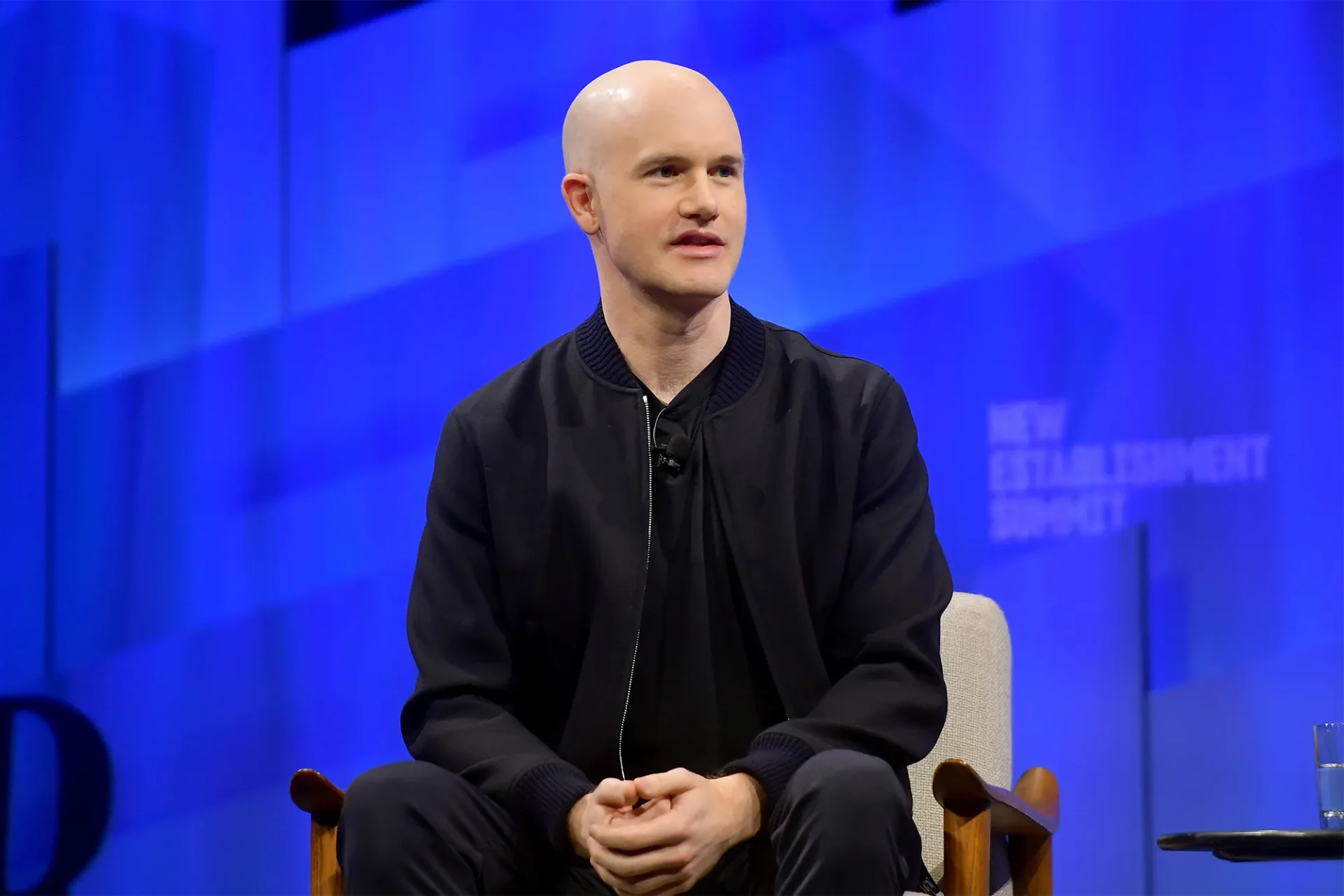Coinbase is celebrating a huge legal win thanks to Judge Jackson’s recent ruling in the SEC v. Binance case. This decision backs an earlier ruling by Judge Analisa Torres in the SEC v. Ripple Labs case.
Judge Torres established that secondary sales of XRP were not unregistered securities because XRP didn’t meet the SEC’s criteria for an investment contract.

However, she also ruled that initial sales of XRP to institutional investors did constitute securities transactions due to the way the sales were conducted, not because of the token’s characteristics.
Judge Jackson’s decision confirms that an investment contract does not require a contractual relationship. This reasoning aligns with other district court rulings on crypto cases, such as those involving Telegram and Terraform Labs.
The decision emphasizes the importance of the Howey test in determining the nature of crypto transactions, a key factor for Coinbase in its ongoing legal battles with the SEC.
Coinbase sought to use the Binance ruling to support its motion for an interlocutory appeal under 28 U.S.C. § 1292(b). However, the court found no substantial ground for a difference of opinion on the legal issues at hand.

The ruling on the “contractual arrangement” issue further undermined Coinbase’s argument for an appeal, as it reinforced the correctness of the court’s earlier decisions.
In the Binance case, the court addressed secondary sales of BNB, a crypto asset not directly related to Coinbase. The decision allowed the SEC’s claims under the Exchange Act to proceed, indicating that these assets and related programs were offered and sold as investment contracts.
However, the court did not make a blanket determination that all secondary market crypto transactions are securities. Instead, it stressed that each transaction must be evaluated based on its specific facts and circumstances.
The decision also pointed out that the SEC had not sufficiently pled that certain secondary sales of BNB were investment contracts. This was based on the specific facts presented in the complaint.
"Moreover, in concluding that the SEC had not sufficiently pled that certain secondary sales of BNB were investment contracts, the Decision made clear that this ruling was based on the particular facts pled in the complaint then before it."
The court noted that the question of whether a secondary market transaction constitutes an investment contract under Howey depends on the details of the particular transaction.
Reporting by Jai Hamid





